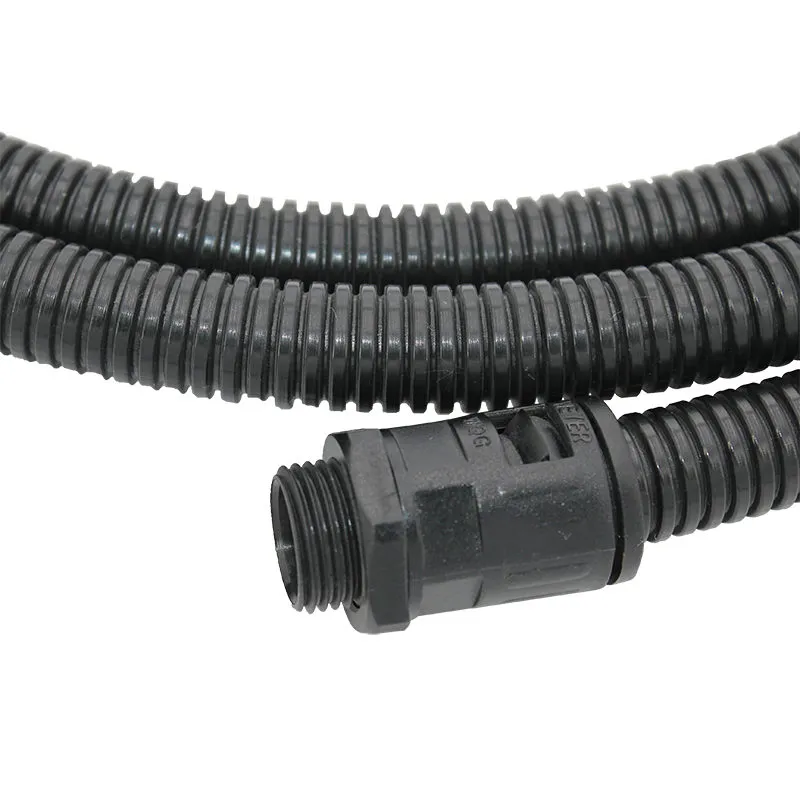Telescopic Bellow - Flexible Solutions for Industrial Applications
Understanding Telescopic Bellows A Comprehensive Overview
Telescopic bellows are mechanical devices composed of multiple layers of flexible materials that can extend and retract in a manner similar to an accordion. These structures are widely used across various industries, from manufacturing to aerospace, to protect sensitive equipment from environmental factors while allowing for movement and flexibility.
The primary function of telescopic bellows is to provide a protective cover over moving parts, such as linear actuators or guideways. By shielding these components from dust, debris, and contamination, bellows help ensure the longevity and efficiency of machinery. Besides protection, they also serve to retain lubricants, which are vital for the smooth operation of mechanical systems.
One of the notable features of telescopic bellows is their ability to accommodate significant linear movements. As machinery operates, parts may extend and retract over varying distances. Telescopic bellows can seamlessly expand and contract, maintaining their protective function throughout the process. This flexibility is crucial in applications where precise movements are essential, such as in CNC machines and robotic arms.
telescopic bellow

Material selection is vital when designing telescopic bellows. Common materials include rubber, PVC, and various forms of polyurethane, each chosen for properties such as durability, flexibility, and resistance to chemicals. The choice of material often depends on the specific requirements of the application, including temperature ranges and exposure to harsh environments.
Additionally, telescopic bellows can be tailored to suit specific design needs, with custom shapes and sizes easily achievable. This adaptability makes them suitable for a wide range of applications, from heavy-duty industrial environments to delicate electronic devices. Engineers often collaborate with manufacturers to design bellows that meet exacting specifications, ensuring optimal performance and protection.
In conclusion, telescopic bellows are integral components in many mechanical systems, offering essential protection while allowing for movement. Their design ensures flexibility and adaptability, making them indispensable in various fields. As technology advances and new materials are developed, the applications for telescopic bellows will likely expand, further enhancing their role in safeguarding machinery and equipment in dynamic environments. Whether in manufacturing, robotics, or aerospace, the ongoing evolution of telescopic bellows will continue to play a crucial role in mechanical engineering and design.








